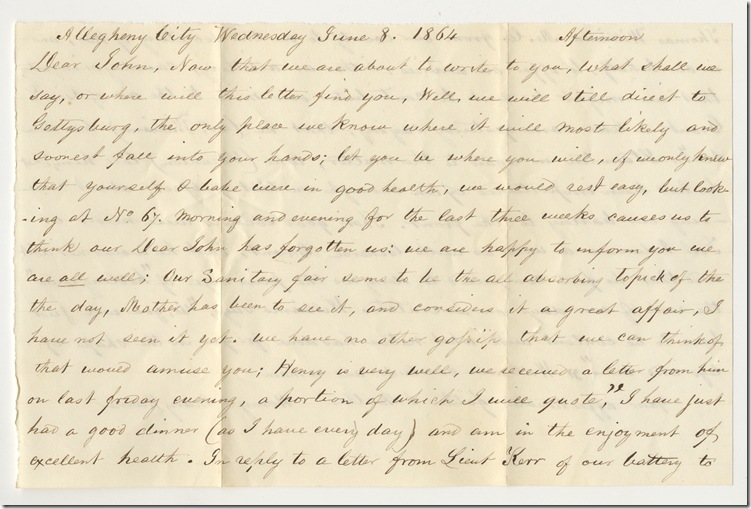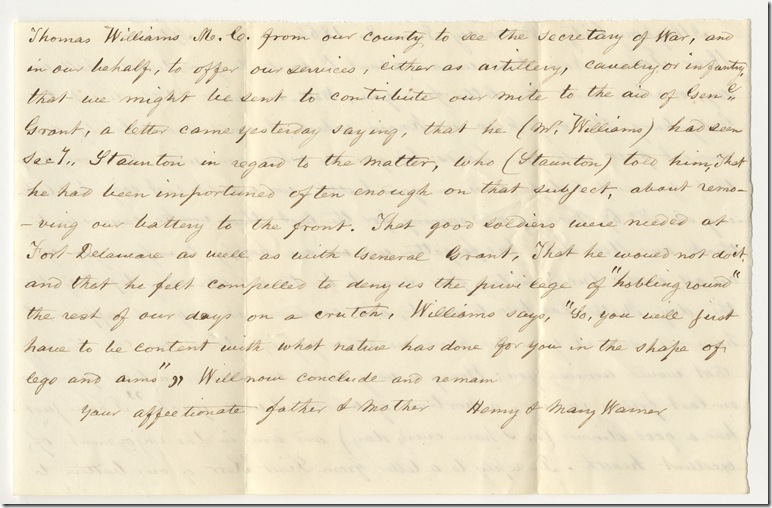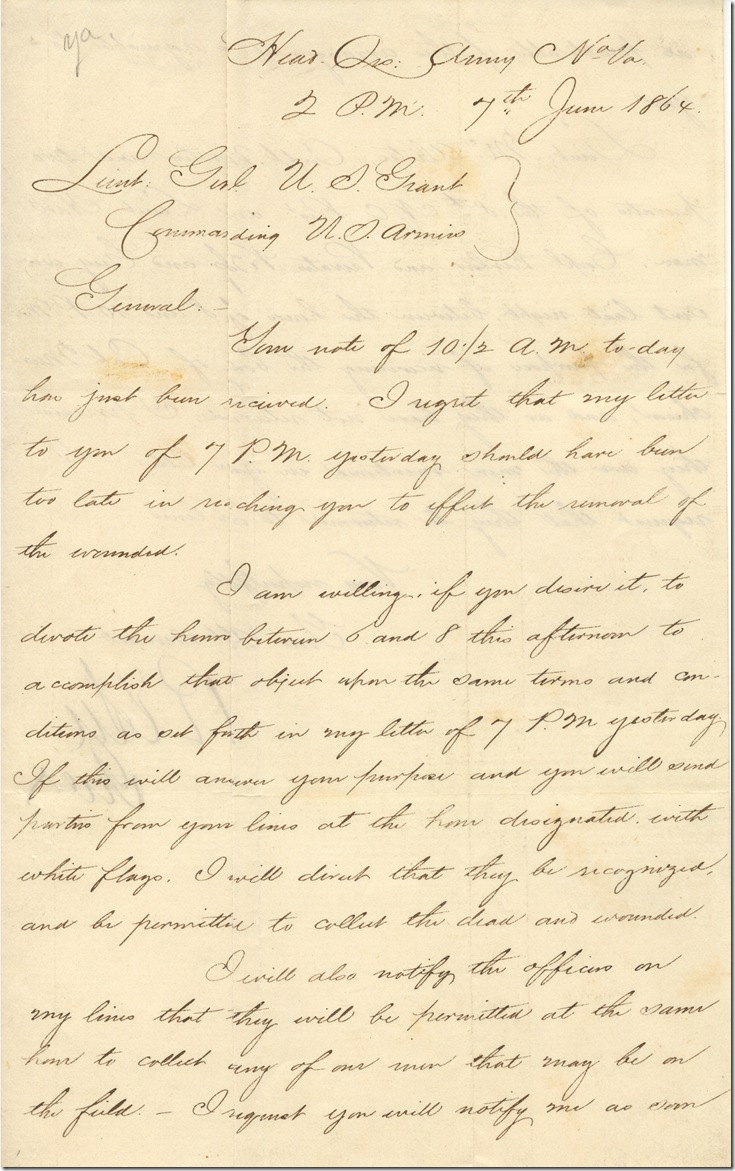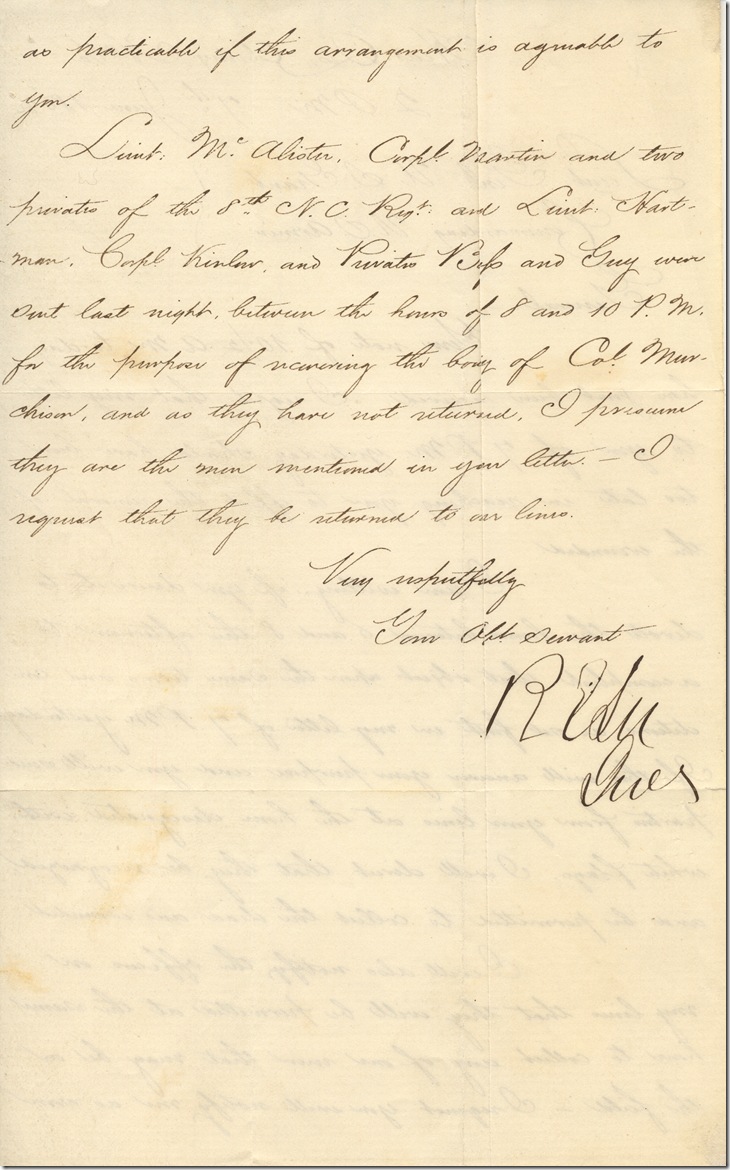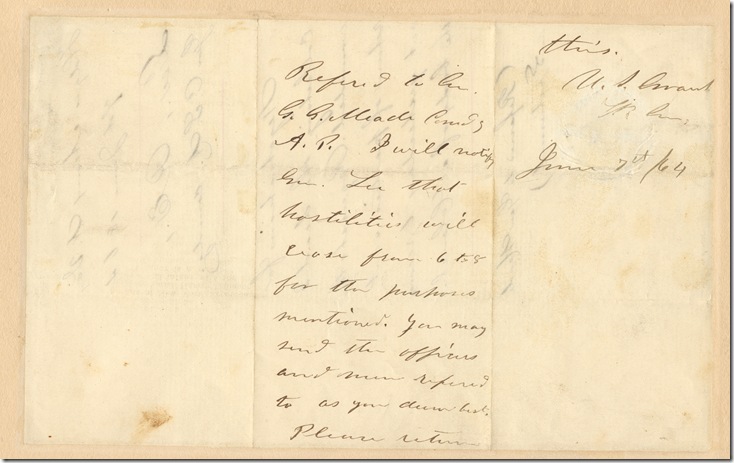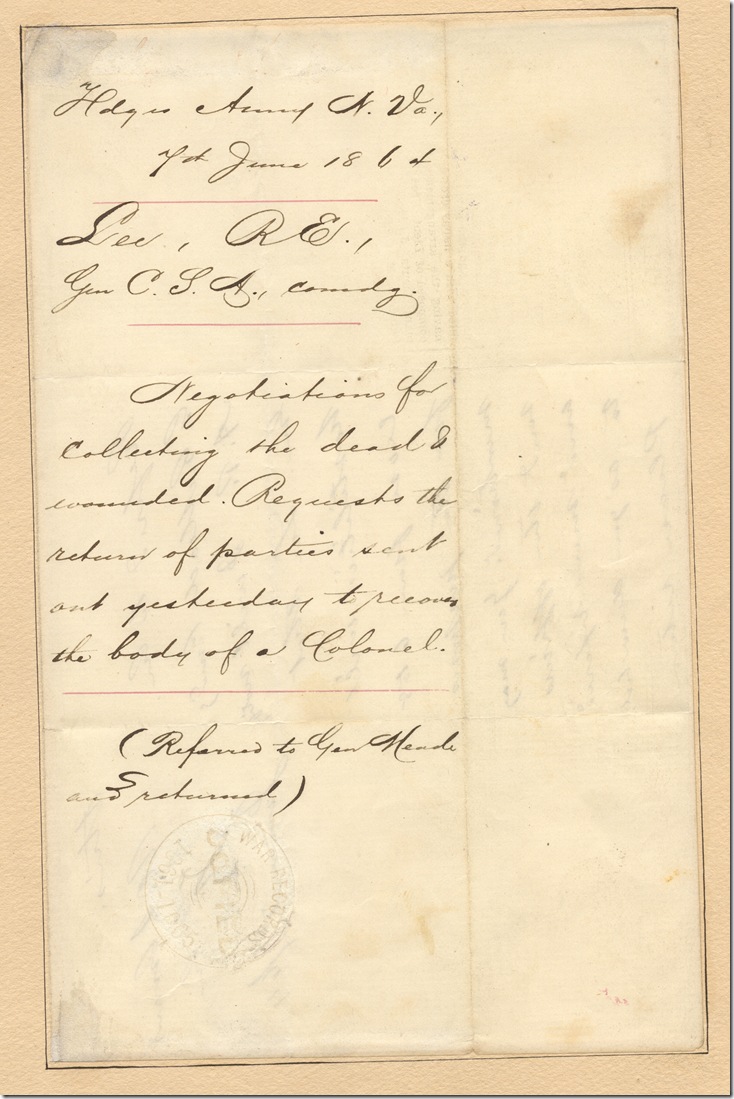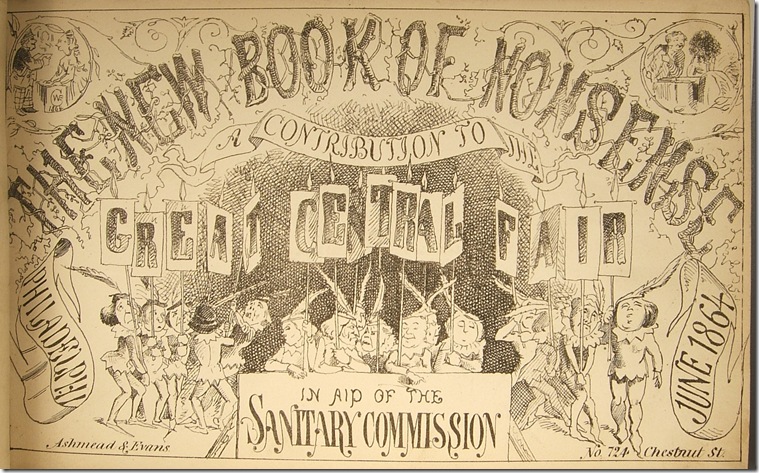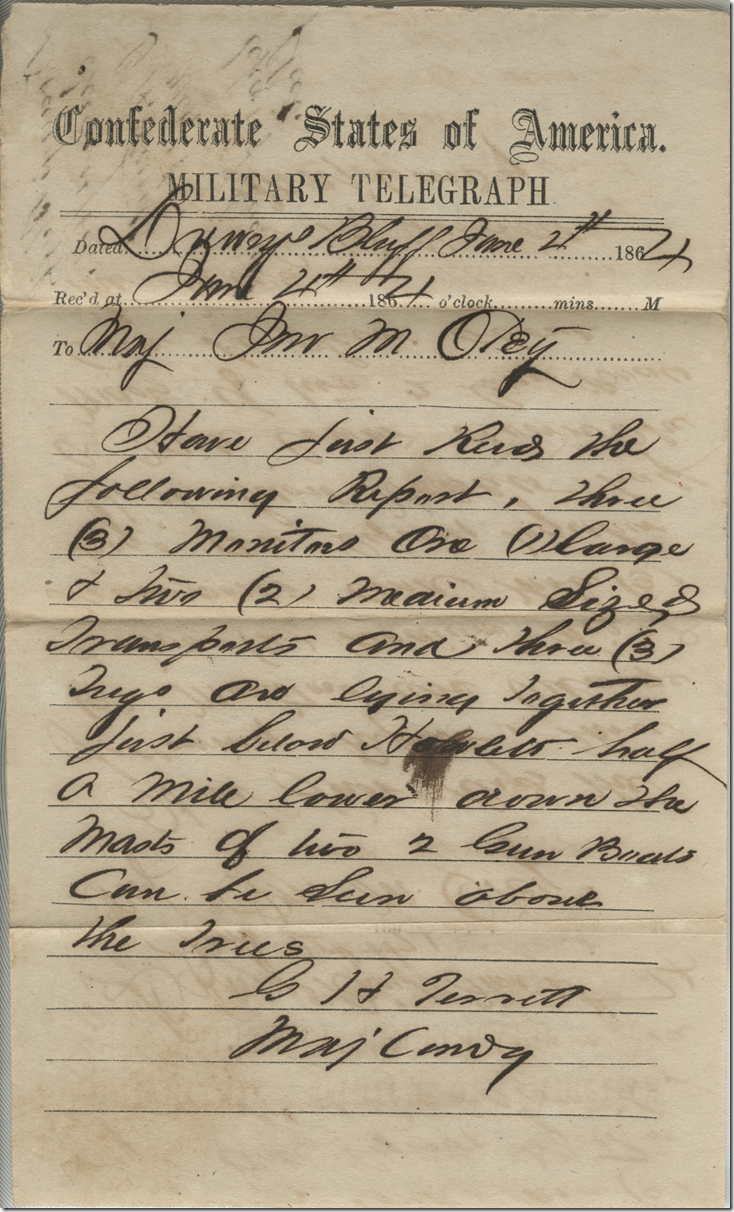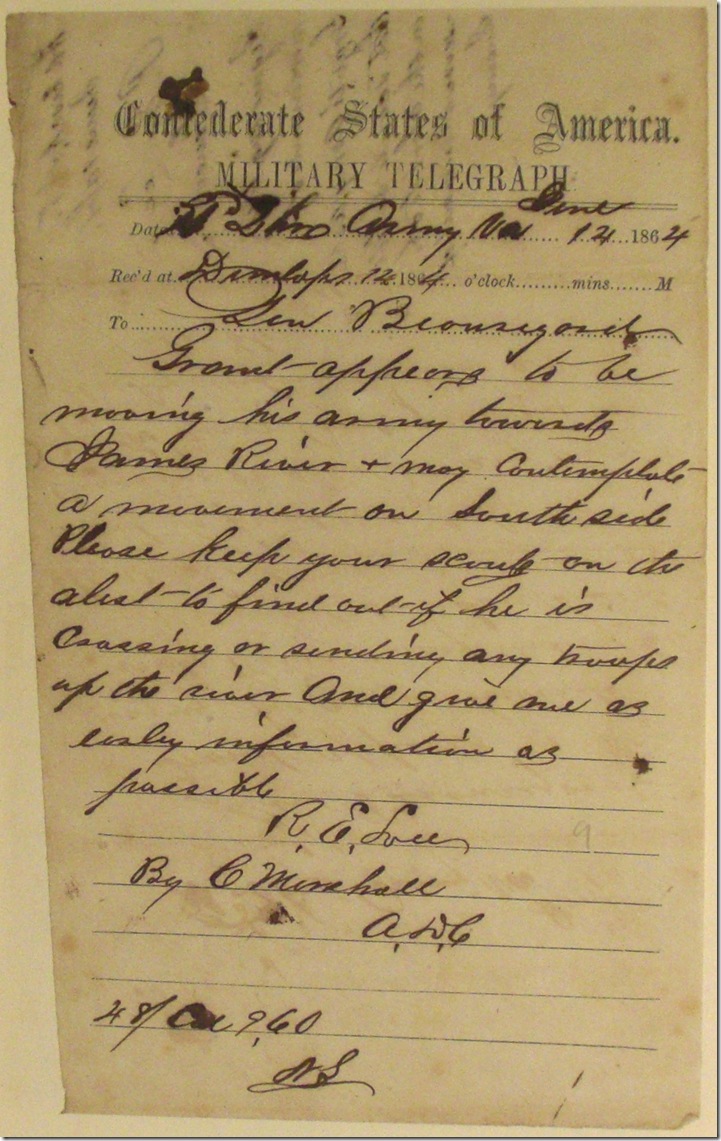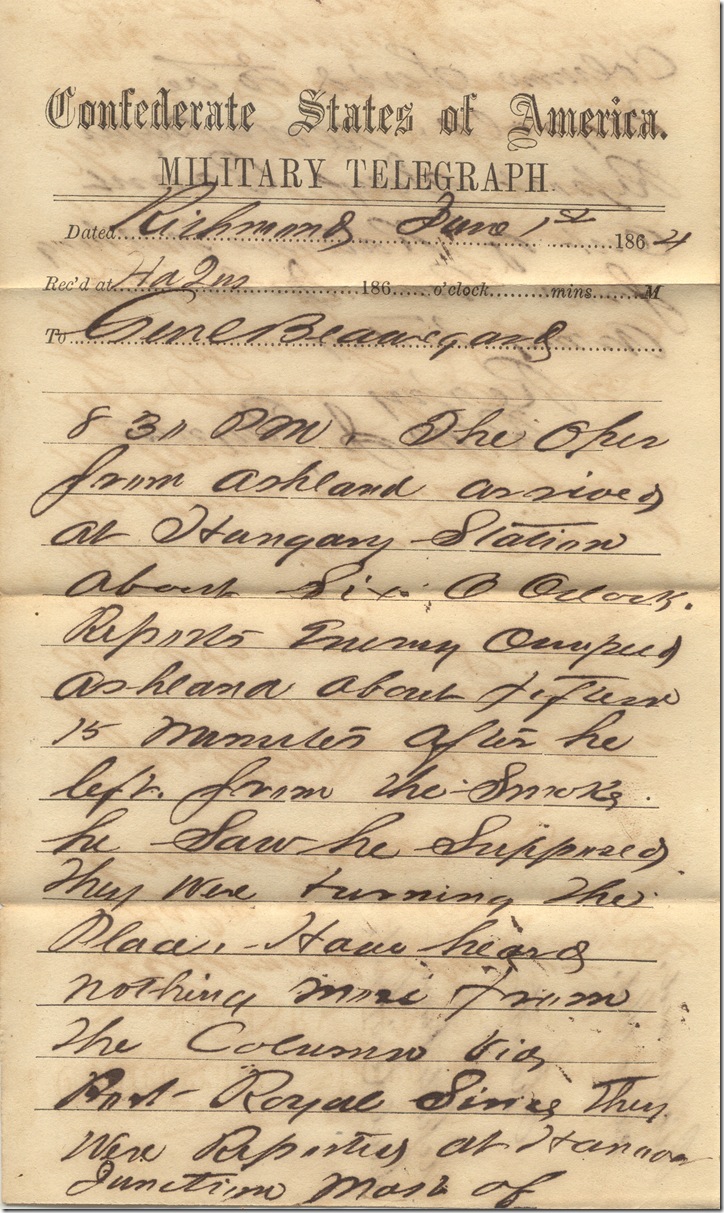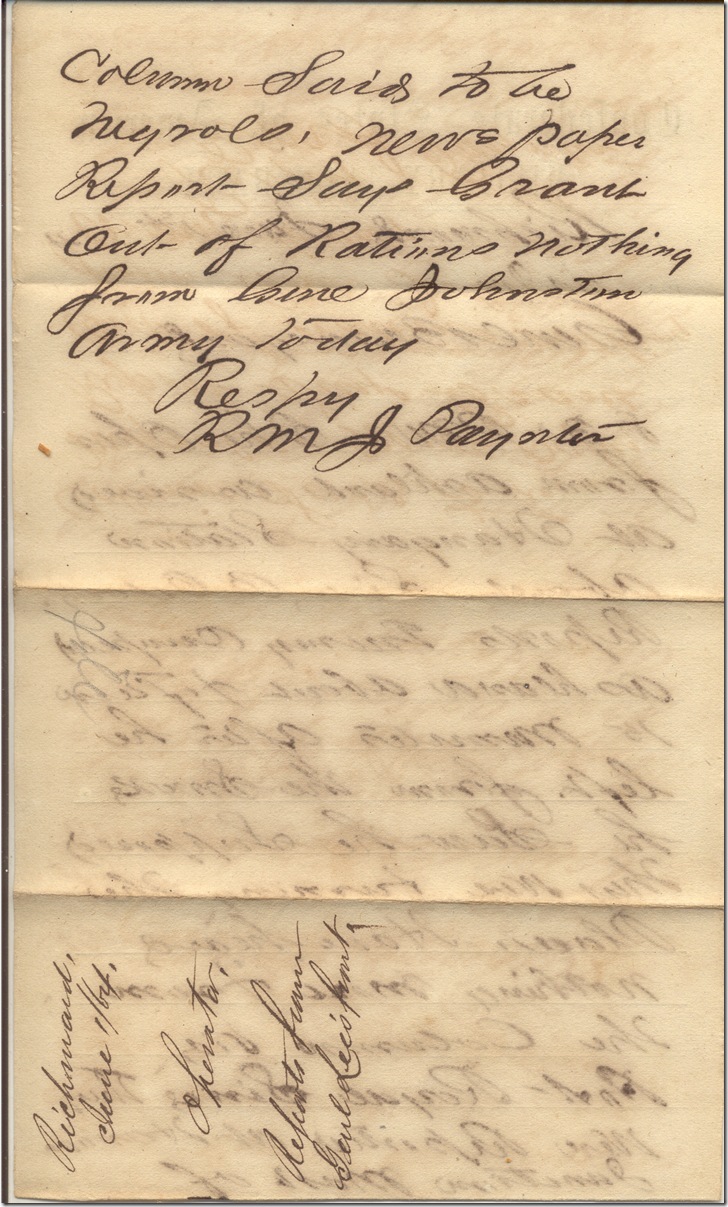Henry and Mary Warner lived in Allegheny City, Pennsylvania, now part of Pittsburgh. They are the great-grandparents of poet Marianne Moore. By the 1860s they had three surviving children: John, Henry, and Anne. Their letters to John, a Presbyterian minister living in Gettysburg, are preserved as part of Marianne Moore’s family papers.
Transcript:
Allegheny City Wednesday June 8. 1865 Afternoon
Dear John, Now that we are about to write to you, what shall we say, or where will this letter find you. Well, we will still direct to Gettysburg, the only place we know where it will most likely and soonest fall into your hands; let you be where you will, if we only knew that your self & babe were in good health, we would rest easy, but looking at No. 67. morning and evening for the last three weeks causes us to think our Dear John has forgotten us: we are happy to inform you we are all well; Our Sanitary fair seems to be the all absorbing topick of the the day, Mother has been to see it, and considers it a great affair. I have not seen it yet. We have no other gossip that we can think of that would amuse you; Henry is very well, we secured a letter from him on last Friday evening, a portion of which I will quote, “I have just had a good dinner (as I have every day) and am in the enjoyment of excellent health. In reply to a letter from Lieut Kerr of our battery to Thomas Williams [N.C.?] from our county to see the secretary of War, and in our behalf, to offer our services, either as artillery, cavalry, or infantry that we might be sent to contribute our mite to the aid of Gen’l Grant, a letter came yesterday saying, that he (Mr. Williams) had seen sec’y Staunton in regard to the matter, who (Staunton) told him, that he had been importuned often enough on that subject, about removing our battery to the front. That good soldiers were needed at Fort Delaware as well as with General Grant. That he would not do it and that he felt compelled to deny us the privilege of “hobbling round” the rest of our days on a crutch. Williams says, “So, you will just have to be content with what nature has done for you in the shape of legs and arms”. Will now conclude and remain
Your affectionate father & mother Henry & Mary Warner
Citation: Henry and Mary Warner, autograph letter signed to John Riddle Warner. Allegheny City [Pittsburgh],8 June 1864. Moore VI:06:6
